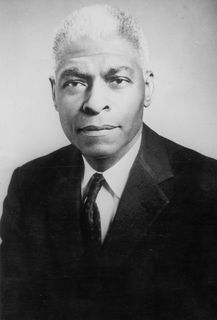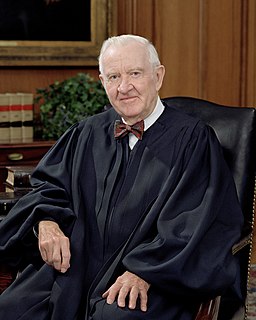A Quote by Bobby Scott
In the Brown decision, the United States Supreme Court unanimously struck down the legal and moral footing of racially segregated public education in this country.
Related Quotes
Let's put it in perspective at the United States Supreme Court, which hears maybe 60 cases a year, most of the cases are resolved without much dispute. The 10 or 15 that are controversial we all know about, and we hear about. The federal courts hear just a tiny sliver of the cases that go to court in this country. Most of the cases are in the state courts. And most legal issues never go to court. So, the legal system is actually not in jeopardy. At the same time, access to law is in jeopardy.
I applaud the Supreme Court’s decision to strike down the Defense of Marriage Act. This was discrimination enshrined in law. It treated loving, committed gay and lesbian couples as a separate and lesser class of people. The Supreme Court has righted that wrong, and our country is better off for it. We are a people who declared that we are all created equal - and the love we commit to one another must be equal as well.
When I joined the Supreme Court in 1975, both state and federal judges accepted the Court's unanimous decision in United States v. Miller as having established that the Second Amendment's protection of the right to bear arms was possessed only by members of the militia and applied only to weapons used by the militia.































